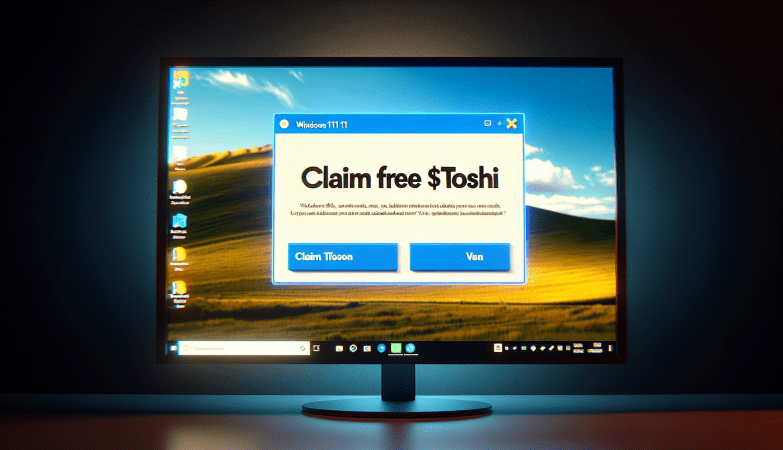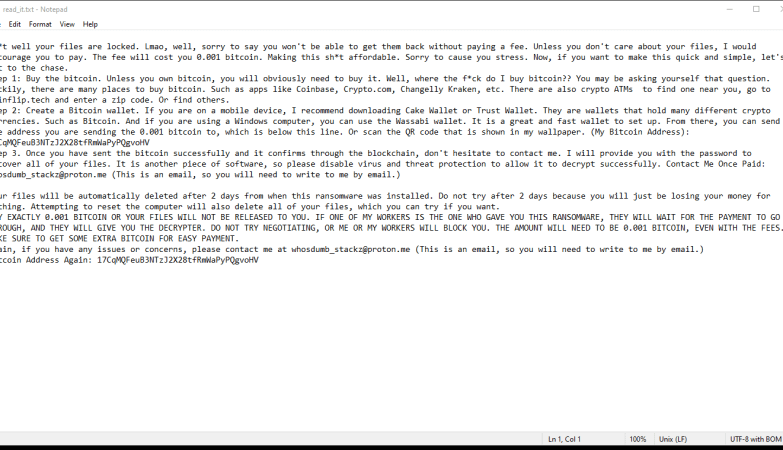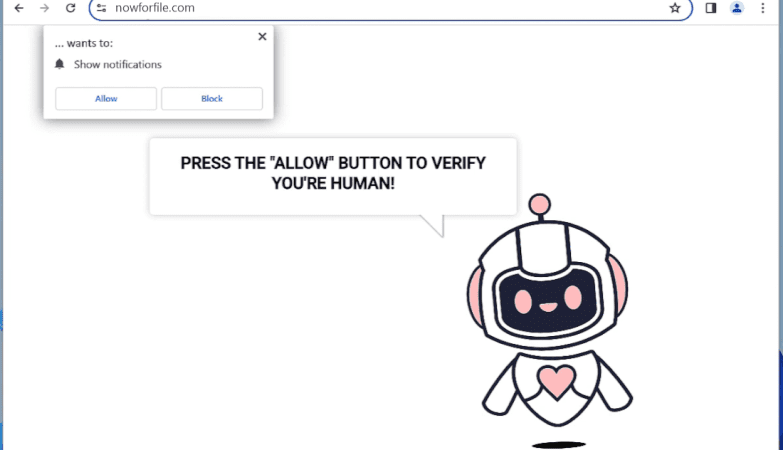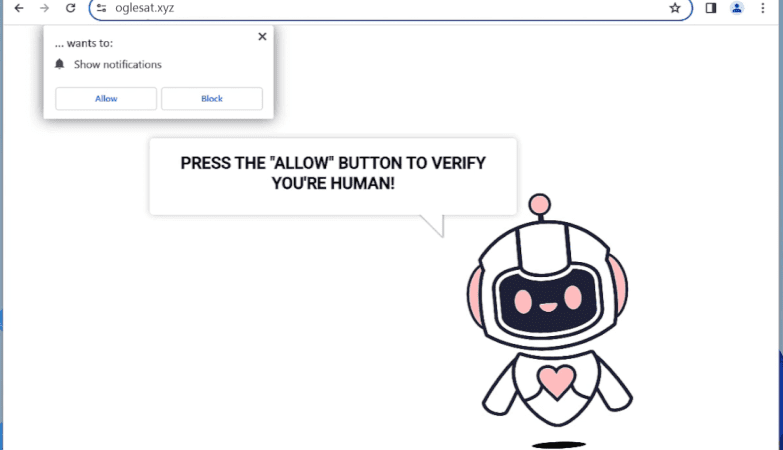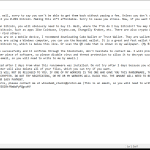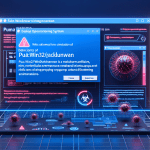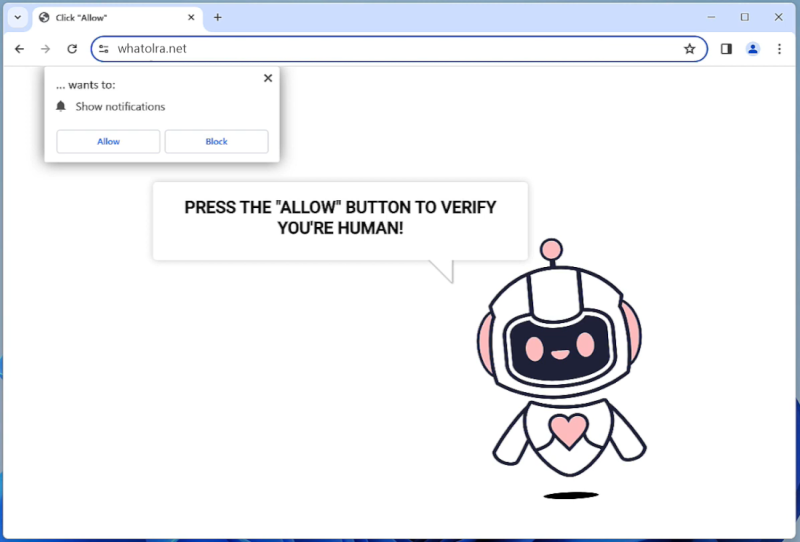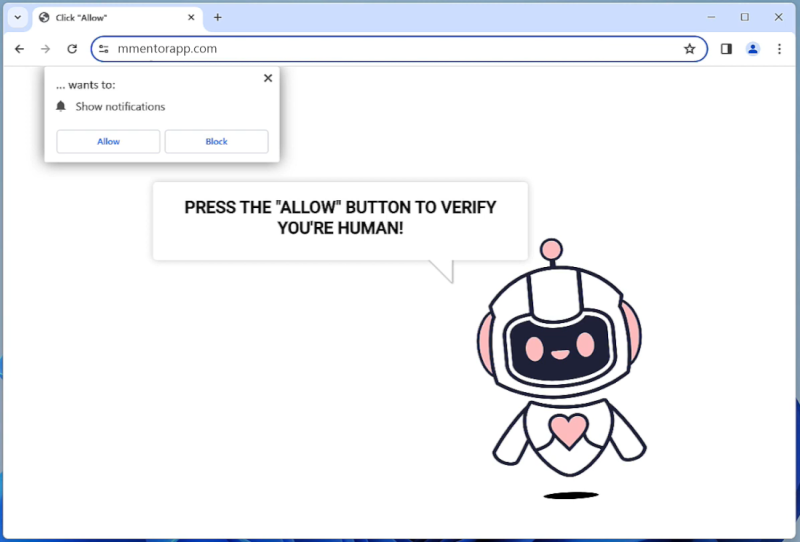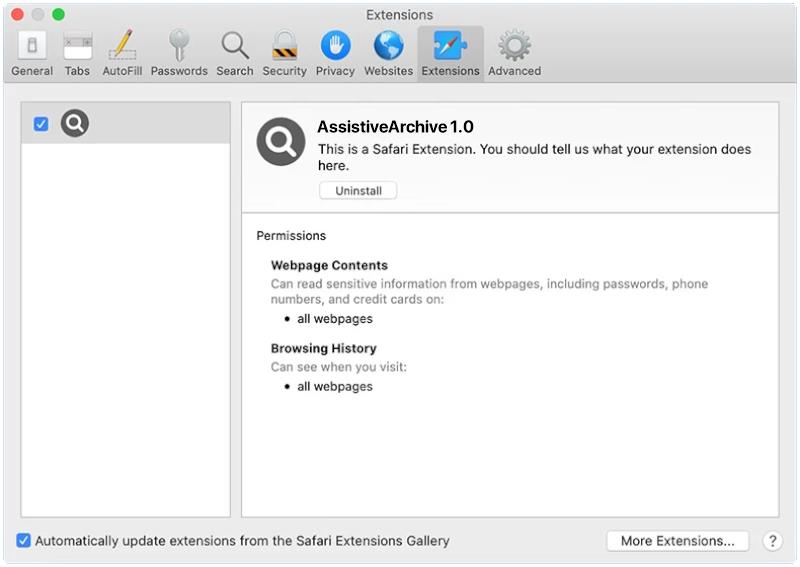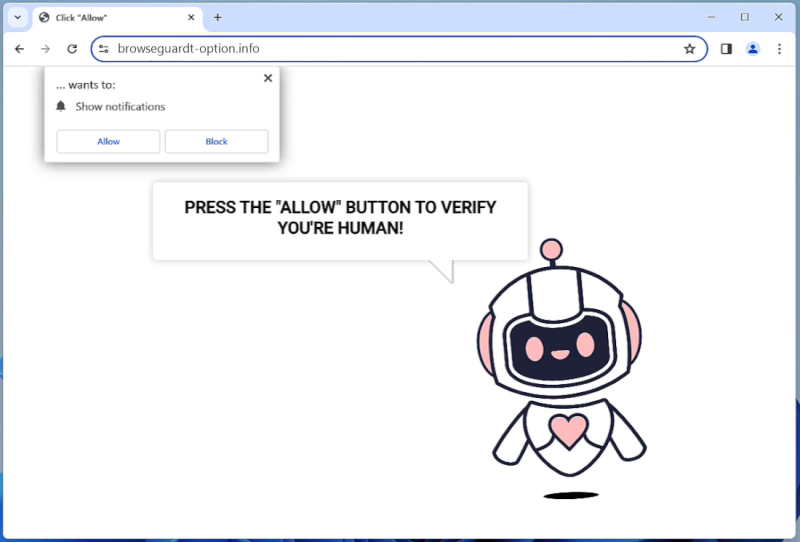How to remove Backdoor:Win32/Yonsole.B
Backdoor:Win32/Yonsole.B is a type of malicious software, also known as a backdoor trojan, that allows unauthorized access to a computer system. This type of malware can give attackers remote access to the infected computer, allowing them to steal sensitive information, install additional malware, or carry out other malicious activities.
Backdoor:Win32/Yonsole.B can infect computers through various means, including:
1. Email attachments: The malware may be disguised as an attachment in a phishing email, tricking users into downloading and executing the malicious file.
2. Infected websites: Visiting malicious websites or clicking on malicious links can also lead to the infection of Backdoor:Win32/Yonsole.B on a computer.
3. Software vulnerabilities: Exploiting security vulnerabilities in software or operating systems can also be used by attackers to infect computers with this backdoor trojan.
Once infected, Backdoor:Win32/Yonsole.B can run silently in the background, allowing attackers to remotely control the infected system and carry out various malicious activities without the user’s knowledge. It is important for users to have up-to-date antivirus software and practice safe browsing habits to prevent infection by such malware.

